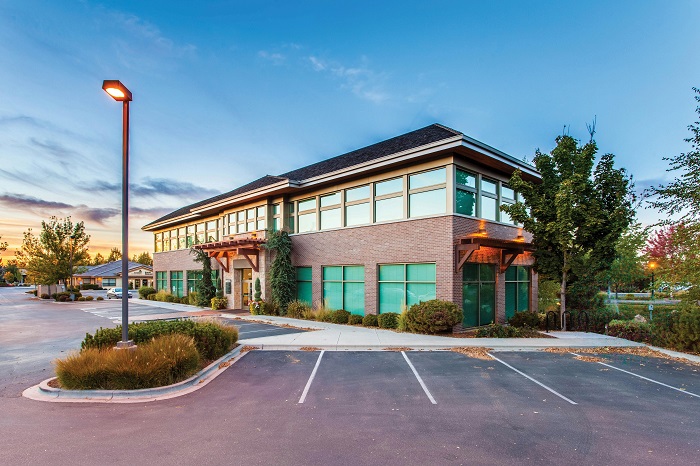30 April 2025

From lease enforcement to property repairs and tenancy renewals, understanding your legal rights and obligations is crucial to avoid costly disputes and protect your long-term interests.
We break down four key areas of commercial property law that every landlord and tenant should understand.
1. Claims for Possession: What Landlords Need to Know
When a tenant breaches the terms of their lease, such as failing to pay rent or misusing the premises, a landlord may need to take legal action to regain possession of the property.
2. Enforcement of Rights: Landlords vs Tenants
Commercial leases are legally binding agreements, and both parties have enforceable rights.
Landlords can:
Tenants are entitled to:
Balancing these rights requires careful lease drafting, regular communication, and if necessary, mediation or litigation to resolve disputes.
3. Dilapidations: Understanding Repair Obligations
“Dilapidations” refer to breaches of lease covenants relating to the condition of the property, usually assessed at the end of a lease.
4. Lease Renewal: The Landlord and Tenant Act 1954
Offers tenants of commercial premises the right to renew their lease when it ends, unless the landlord can prove one of the statutory grounds for refusal (e.g., redevelopment or own occupation).
Protecting Your Position
Commercial property law is filled with nuance. Whether you're a landlord protecting your investment or a tenant securing business continuity, early legal advice is the key to avoiding pitfalls.
Top Tips:
Need Advice on a Commercial Property Matter?
Our specialist team advises both landlords and tenants on all aspects of commercial leases, property disputes, and lease renewals. If you're facing an issue or simply want to future-proof your property arrangements, we’re here to help.
Contact us today to speak to one of our commercial property solicitors. Call 01202 294411 or via online: Contact Us AB Solicitors For Your Legal Needs